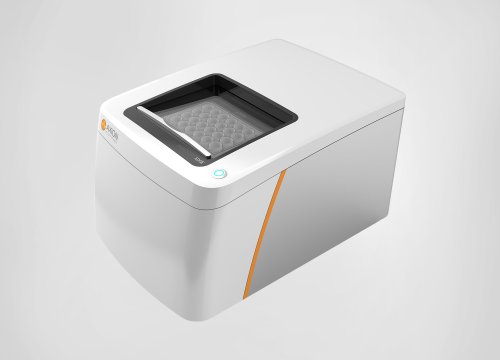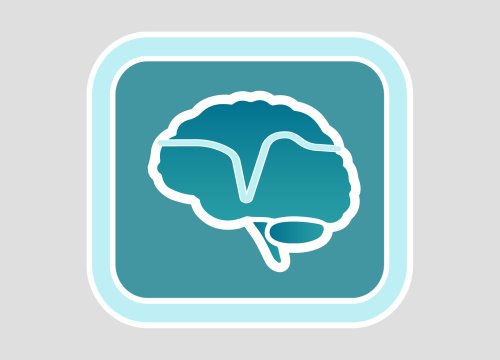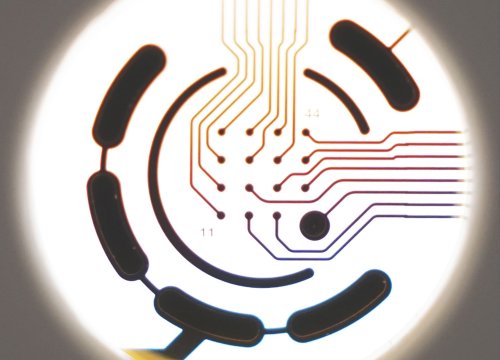Authors: Adams JW, Negraes PD, Truong J, Tran T, Szeto RA, Guerra BS, Herai RH, Teodorof-Diedrich C, Spector SA, Campo MD, Jones KL, Muotri AR, Trujillo CA
Molecular Psychiatry, 2022
Scientists use Axion’s Maestro MEA platform to examine how alcohol exposure affects neural network formation and activity in vitro in real time.
Prenatal alcohol exposure is the leading preventable cause of neurodevelopmental disorders, but the underlying pathophysiology is not fully understood. In this study, researchers generated human induced pluripotent stem cell (hiPSC)-derived cortical organoids and used a multiplatform approach to investigate the effects of alcohol on neurogenesis and perform pharmacological rescue experiments. The results of the study were validated using primary human fetal neurons.
To explore network activity during the early stages of neurodevelopment, the authors used Axion’s label-free, noninvasive Maestro multielectrode array (MEA) platform to assess one-month old organoids exposed to alcohol compared to controls in vitro. Overall, the authors determined that cortical organoids exposed to alcohol “portrayed impaired cell growth and viability, featured alterations in their epigenomic and transcriptomic profiles in regions critical to neurodevelopment, and experienced dysfunctional network formation.” The scientists conclude that hiPSC-derived cortical organoids are a useful model for studying neurodevelopmental disorders associated with alcohol exposure and may facilitate the discovery of new therapeutic targets in the future.


